WORLDSymposium 2023 Mentor List
Registered attendees met with these remarkable Mentors on Wednesday, February 22, 2023.
Abu Ali, Qais, MD, FACMG
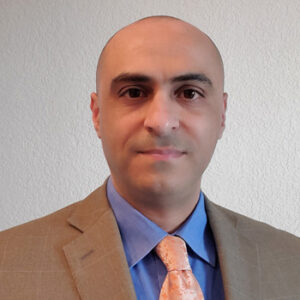
Dr. Ali, an ABMGG-certified geneticist and rare disease drug developer, is US-trained in Internal Medicine, Clinical Genetics and Molecular Genetics. Formerly of the NIH, he founded qRare International in California (www.qrareintl.com) and held clinical, research and executive roles in healthcare, diagnostics and pharmaceuticals. Dr. Ali led, designed and contributed to various successful rare disease clinical trials across all phases culminating in regulatory approvals globally. Dr. Ali continues to consult on patients with rare genetic diseases.
Auray-Blais, Christiane, PhD and Masters degree in Health Law
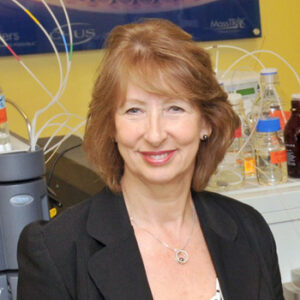
Director of the Neonatal Urine Screening Program for hereditary metabolic disorders in Sherbrooke, QC. After a postdoc at Duke University, she is a full Professor-Researcher (LL.M., Ph.D.) at the Faculty of Medicine and Health Sciences at the Université de Sherbrooke. Her work involves translational research: biomarker discovery to method development/validation using mass spectrometric approaches and technological transfer to the clinical field. She is the Scientific Director for the Waters-CHUS Expertise Centre in Clinical Mass Spectrometry.
Bigger, Brian, PhD
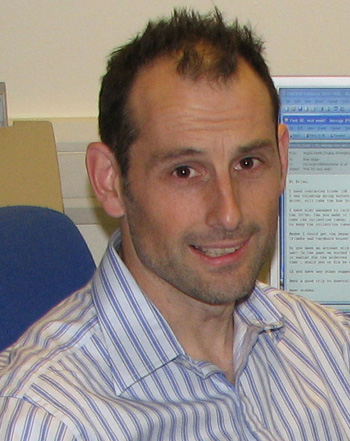
Professor Brian Bigger is Chair of Cell and Gene Therapy at Manchester University, UK, with a BSc in Applied Biology and PhD in mitochondrial gene therapy. Brian has 25+ years of experience in AAV, lentiviral and non-viral vectors, is Chairman of the European Study Group for Lysosomal Diseases and has licensed therapies to industry, including as scientific co-founder of Orchard Therapeutics. He holds >£27M in grants, including two clinical trials for therapies from the lab.
Desnick, Robert, MD, PhD, DSc (Hon)
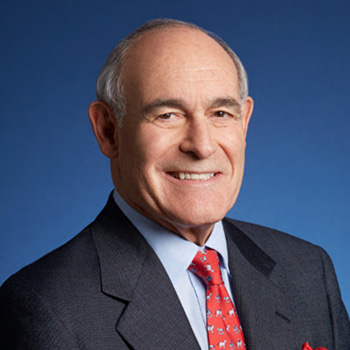
Robert Desnick, MD, PhD is Dean for Genetics and Genomic Medicine Emeritus, Professor and Chair Emeritus, Department of Genetics and Genomic Sciences, Icahn School of Medicine at Mount Sinai. His research focuses on the prevention/treatment of LSDs including development of enzyme therapy for Fabry and Niemann-Pick A/B diseases and chaperone therapy for Fabry disease. For >45 years, he was Program Director of NIH training grants, mentoring >150 pre/post-doctoral fellows who succeeded in academia and industry.
Ellinwood, N. Matthew, DVM, PhD
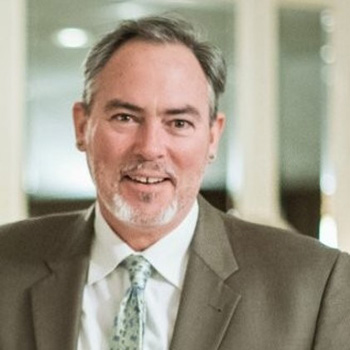
Dr. Ellinwood has longstanding research experience with the mucopolysaccharidosis and mucolipidosis disorders. He is the Chief Scientific Officer at the National MPS Society, where he guides research to benefit patients. He has an over two decades long association with the Society. He is a Professor Emeritus (Iowa State University), where he conducted basic and applied research on the neuropathic MPSs. He has experience mentoring colleagues from the level of undergraduate to the professoriate.
Escolar, Maria, MD, MS
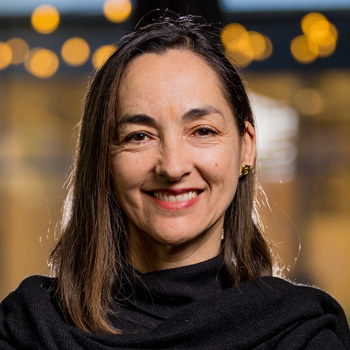
Maria Escolar, MD, MS is a pioneer in clinical trials design and is currently leading the development of gene therapy for Krabbe disease as Chief Medical Officer at Forge Biologics. She is also a tenured Professor of Pediatrics at University of Pittsburgh, with more than 20 years of experience as a practicing clinician and over 95 publications, garnering international recognition for her work in neurodevelopment of children with leukodystrophies, mucopolysaccharidosis and other genetic, neurodegenerative conditions.
Fuller, Maria, PhD
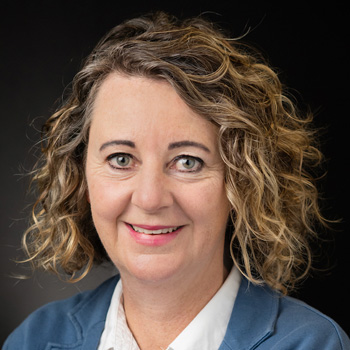
Professor Maria Fuller received her PhD from the University of Adelaide in gene therapy. Following post-doctoral studies in lysosomal disorders, then leading her own research group, she established a Translational Unit as a forum for moving research outcomes into practice. Currently, as the Clinical Scientist of the National Referral Laboratory, her main role is the provision of diagnostic services for the Australian population, notably for lysosomal disorders, underpinned by an active research and teaching program.
Gahl, William, MD, PhD
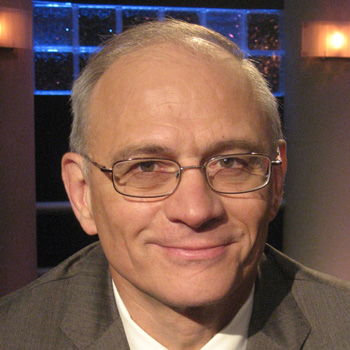
I study rare genetic disorders, particularly inborn errors of metabolism. I also direct the NIH Undiagnosed Diseases Program, which investigates patients with mysterious disorders to make diagnoses and to discover new genetic diseases and pathways. I am a pediatrician, clinical geneticist, biochemical geneticist, and PhD biochemist. I want to be a mentor because it has a chance to make me feel young again.
Giugliani, Roberto, MD, PhD
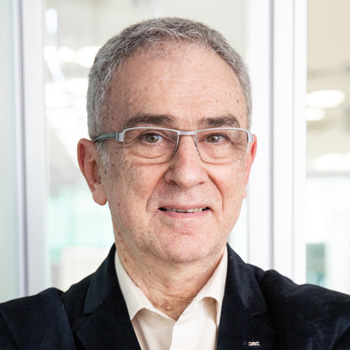
Dr. Roberto Giugliani, MD, PhD, Full Professor at the Department of Genetics of the Federal University of Rio Grande do Sul, is a medical geneticist who founded and is an active member of the Medical Genetics Service of the University Hospital, in Porto Alegre, Brazil. Prof. Giugliani’s main interests are concentrated in screening, diagnosis, and treatment of inborn errors of metabolism, particularly of lysosomal storage diseases, having supervised the training of over 100 MSc/PhDs.
Goker-Alpan, Ozlem, MD
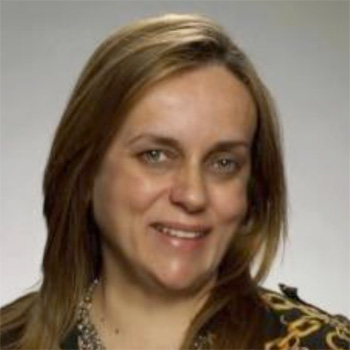
Ozlem Goker-Alpan, MD, is the founder and CEO of Lysosomal and Rare Disorders Research and Treatment Center. She received her MD degree in 1990 from Marmara University School of Medicine in Istanbul, Turkey with the highest honors as first in her class. She trained in Pediatrics and then served as a Pediatric Chief Resident at SUNY at Stony Brook, New York. She completed her first fellowship in Clinical and Biochemical Genetics at the National Institutes of Health, Greater Washington Medical Genetics Program in 1999, and worked as an adjunct scientist at the National Child Health Institute. Her second fellowship focused on Lysosomal Storage Disorders and Gaucher disease at the Clinical Neuroscience Branch, NIMH.
Grabowski, Gregory, MD
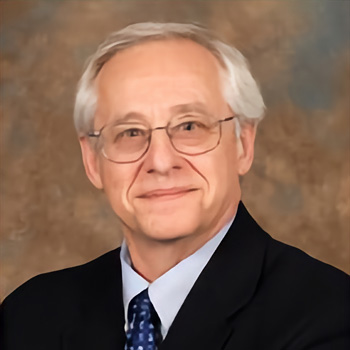
Currently, an independent consultant to multiple companies and foundations focused on rare diseases. Previously, I spent 45 years in the lysosomal disease field with emphasis on the basic and translational science of glysosphingolipid disorders and their therapies. I had/have a primary focus on Gaucher disease and the mechanisms of GBA1 carrier status leading to increased risks of developing Parkinson Disease. I have mentored over 50 pre- and post-docs.
Haskins, Mark Edward, VMD, PhD, FCPP
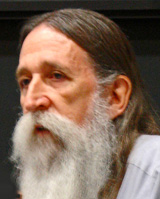
I spent 40 years at the veterinary school at the University of Pennsylvania finding dogs and cats with lysosomal storage diseases, including mucopolysaccharidosis (I, IIIB, VI, and VII), mucolipidosis II, glycogen storage disease IV, alpha-mannosidosis, Neimann-Pick C disease, fucosidosis, and Krabbe disease. I studied disease pathogenesis and evaluated approaches to therapy including bone marrow transplantation, enzyme therapy, and gene therapy. I was privileged to receive the 2018 Roscoe O. Brady Award from WORLDSymposium.
Horowitz, Mia, PhD
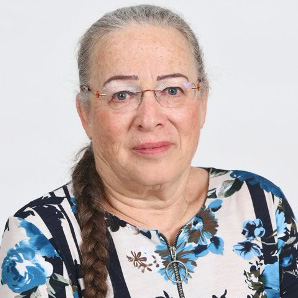
Horowitz studies misfolding of lysosomal proteins using Drosophila as a model, in general. In particular, she researches Gaucher disease, resulting from mutations in the GBA1 gene. She showed that the mutant GBA1-encoded enzyme (GCase) is misfolded in the ER, which activates the Unfolded Protein Response. Expression of mutant misfolded GCase in the fly leads to development of parkinsonian signs, which are ameliorated by chaperones. She is interested in sharing her knowledge/experience with the young generation.
Ibrahim, Jennifer, MD
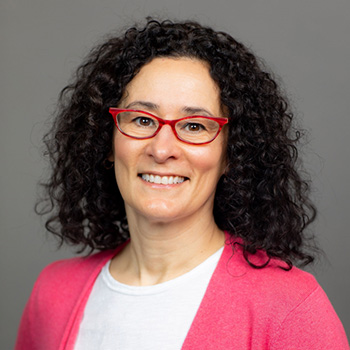
Jennifer Ibrahim is Head of Medical Affairs for Rare Disease at Sanofi, based in Cambridge Massachusetts. Prior to joining industry in 2013, she was Genetics Division Chief at St. Joseph’s Children’s Hospital in Paterson, NJ. Her clinical focus was dysmorphology, lysosomal storage disorders, prenatal genetics, and multidisciplinary care for individuals with complex genetic conditions. In her industry role, she is responsible for strategies to optimize health outcomes for patients with rare diseases.
Jarnes, Jeanine, PharmD, MSc Pharmacogenomids
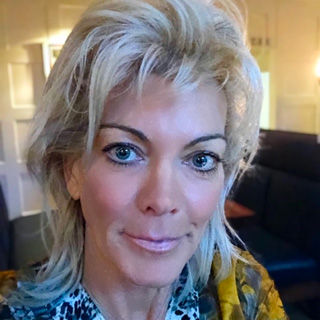
Jeanine Jarnes, PharmD, is an Assistant Professor in the University of Minnesota Department of Pediatrics, Medical School, and is an adjunct assistant professor in the College of Pharmacy, University of Minnesota. Dr. Jarnes serves as the Clinical Pharamcogeneticist for the Lysosomal Disease Network and as a clinical researcher for patients with lysosomal diseases. Her research focus includes projects in the following areas: natural history of gangliosidosis diseases (such as Tay-Sachs disease, Sandhoff disease, and GM1-gangliosidosis), small molecule and gene therapies, classifying and managing infusion reactions to intravenous enzyme replacement therapies (ERT) for lysosomal diseases, pharmacokinetics and pharmacodynamics of therapies for lysosomal diseases.
Keutzer, Joan, PhD
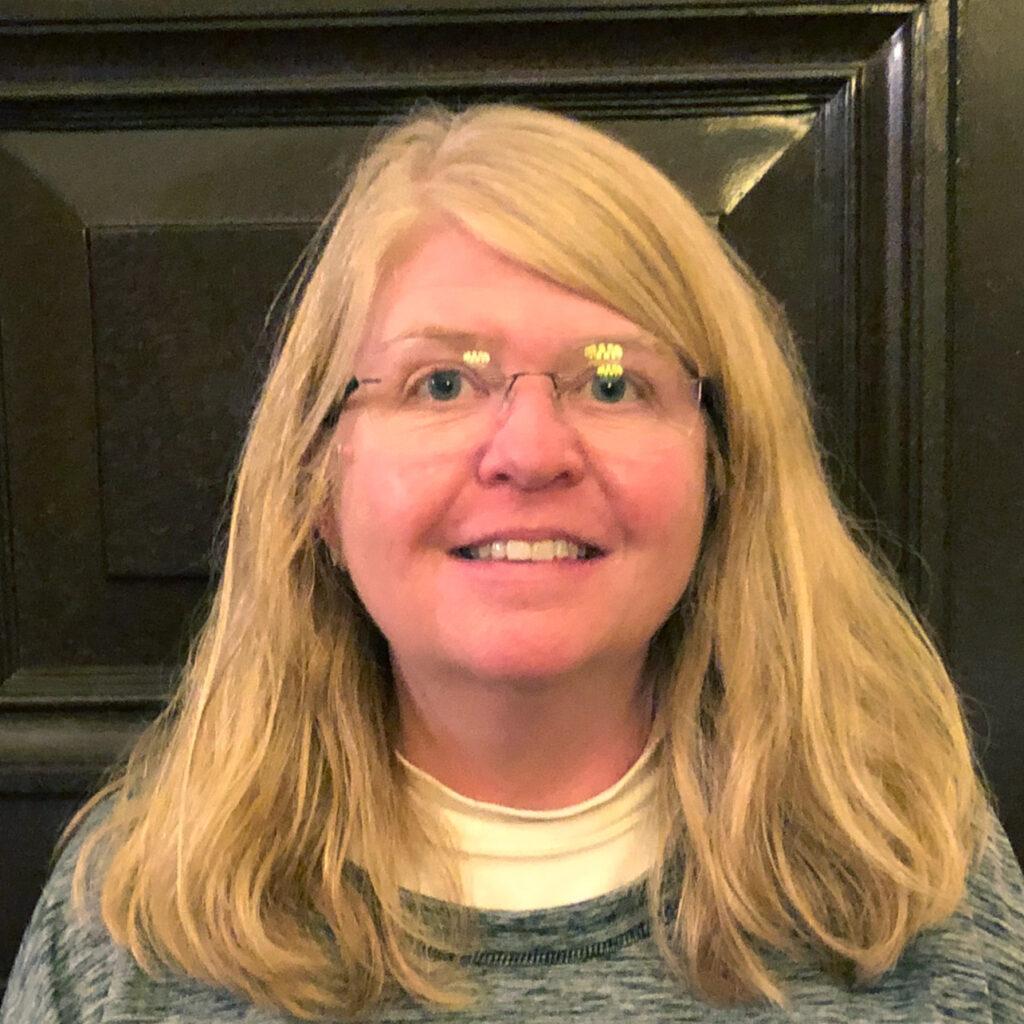
Joan Keutzer, Ph.D. is an independent consultant. Joan retired after 24-years at Genzyme (later Sanofi Genzyme). Joan’s last position was VP and Head of Global Scientific Affairs. Joan was involved in the development of ERT for Fabry disease, MPS I and Pompe disease. Joan oversaw the development of newborn screening assays, biomarker assays, and improved diagnostic assays. Joan established an R&D group to develop protocols for use in clinical and newborn screening labs.
Kishnani, Priya, MD
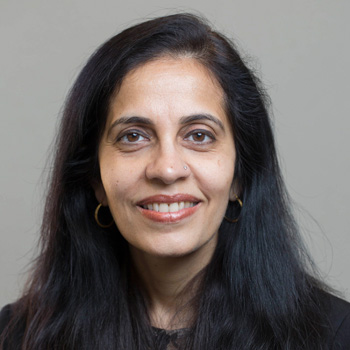
Priya Kishnani is the Chen Family Distinguished Professor of Pediatrics, Division of Medical Genetics chief, and professor in the Department of Molecular Genetics and Microbiology at Duke University. Kishnani has conducted groundbreaking clinical and translational research in the fields of lysosomal storage diseases and glycogen storage diseases. Kishnani has been instrumental in the development of alglucosidase alfa and has shown commitment to understanding the natural history and evaluation of therapies of several LSDs and GSDs.
Klein, Terri, MPA (Master in Public Administration)
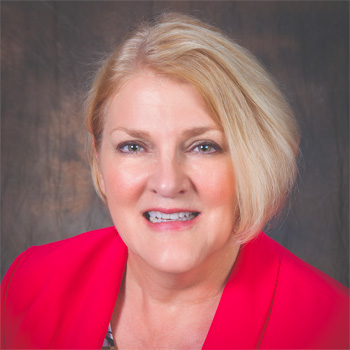
Terri Klein, MPA, is the President and Chief Executive Officer of the Nation MPS Society. Terri has 14 years of experience in rare diseases, including her work with the Society for nine years, serving as Development Director and Director of Operations. Terri has a direct, personal connection and history with MPS and ML. Her daughter, Jennifer, has ML III. She has been involved as a parent and staff member on all fronts in the fight for a cure. Her family has worked for years, advocating for MPS and ML through the Society.
Kubaski, Francyne, MSc, PhD
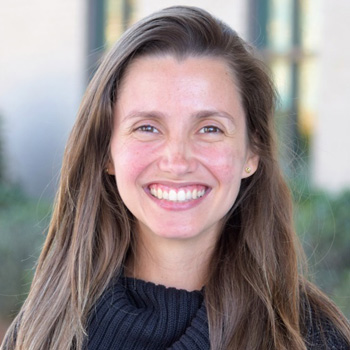
Dr. Kubaski is a staff scientist in the Biochemical Genetics Laboratory at Greenwood Genetic Center (USA). Dr. Kubaski was a post-doctoral fellow at PPGBM-UFRGS (Brazil). She received her Ph.D. in Molecular Biology and Genetics from UDEL (USA). She has been involved with research for inborn errors of metabolism, and most specifically lysosomal storage disorders, for over 10 years to apply tandem mass spectrometry for diagnosis, treatment monitoring, and newborn screening for these diseases.
Patterson, Marc, MD
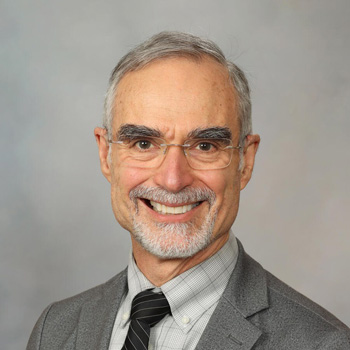
I am a child neurologist at Mayo Clinic. I have had the privilege of studying lysosomal diseases, and caring for those affected by them since my fellowship with Roscoe Brady more than 30 years ago. The focus of my work has been in clinical trials, registry development, and participation in advocacy groups. I am delighted to see young professionals embracing this challenging and exciting field.
Prada, Carlos, MD
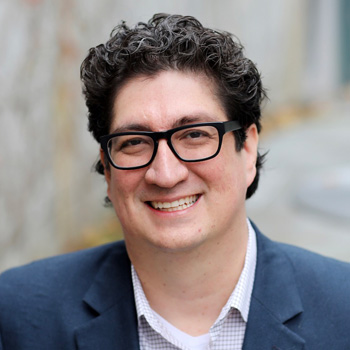
Dr. Prada is the Division Head of Genetics, Genomics, and Metabolism at the Ann & Robert H. Lurie Children’s Hospital of Chicago and Northwestern University. Dr. Prada has conducted clinical trials including gene therapy, enzyme replacement, and small molecules for lysosomal storage disorders. Dr. Prada is passionate to help build connections between families with rare genetic disorders and academia. Educating the new generation of clinical and biochemical geneticists has been an area of focus.
Przybilla, Michael, PhD
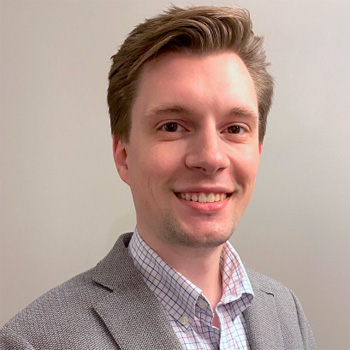
Dr. Przybilla is an Assistant Professor in the Department of Pediatrics at the University of Minnesota. He received his PhD in Molecular, Cellular, Developmental Biology & Genetics at the University of Minnesota in 2018. From 2019-2022 he was a postdoctoral assistant in the Gene Therapy and Diagnostics Laboratory. His work is focused on the development of novel therapies for lysosomal disorders, including gene therapy and gene editing.
Reebye, Vik, B.Sc(Hons); MSc, PhD
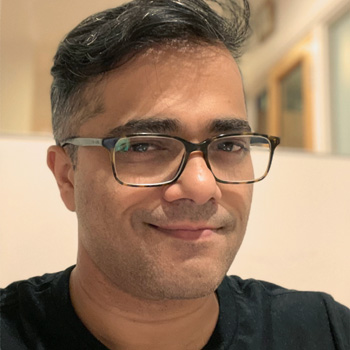
Vik is a Senior Research Fellow in Gene Activation at Imperial College London with over 19 years of experience in translational research. Vik works closely with the MiNA research team as Principal Scientist and leads its Rare Disease research programme. Vik has worked on saRNAs for over 10 years having developed MiNA’s first lead clinical candidate, CEBPA.
Schiffmann, Raphael, MD, MHSc, FAAN
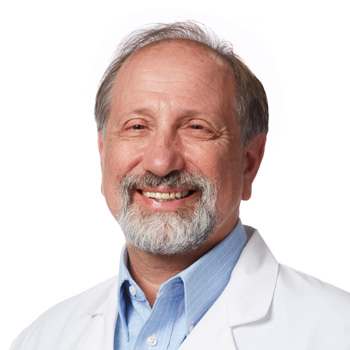
Dr. Schiffmann is neurologist with special competence in child neurology currently a Senior VP and Scientific Fellow at 4D Molecular Therapeutics. Previously, he performed pre-clinical and clinical research, mainly on lysosomal diseases, at the National Institutes of Health and at the Baylor Institute of Metabolic Disease in Dallas, Texas for a combined total of 30 years. His publication record and scientific impact can be viewed here.
Schoser, Benedikt, MD
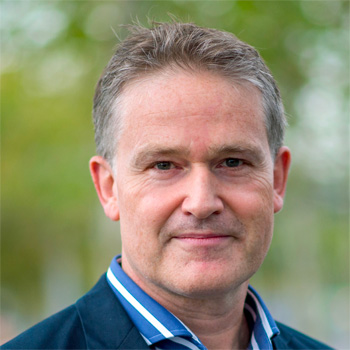
Professor Schoser is a trained neurologist, neurophysiologist, neurointensivist, palliative medicine doctor. He is a professor of Neurology, senior consultant neurologist and co-chair of the Friedrich-Baur-Institute, LMU Munich, Germany. He is fellow of the EAN . He organises the World muscle society teaching course and is an Executive WMS board member. He chaires the European Pompe consortium EPOC). He authored more than 310 peer-reviewed publications. His special interests are multisystemic neuromuscular translational research and therapy.
Sidransky, Ellen, MD
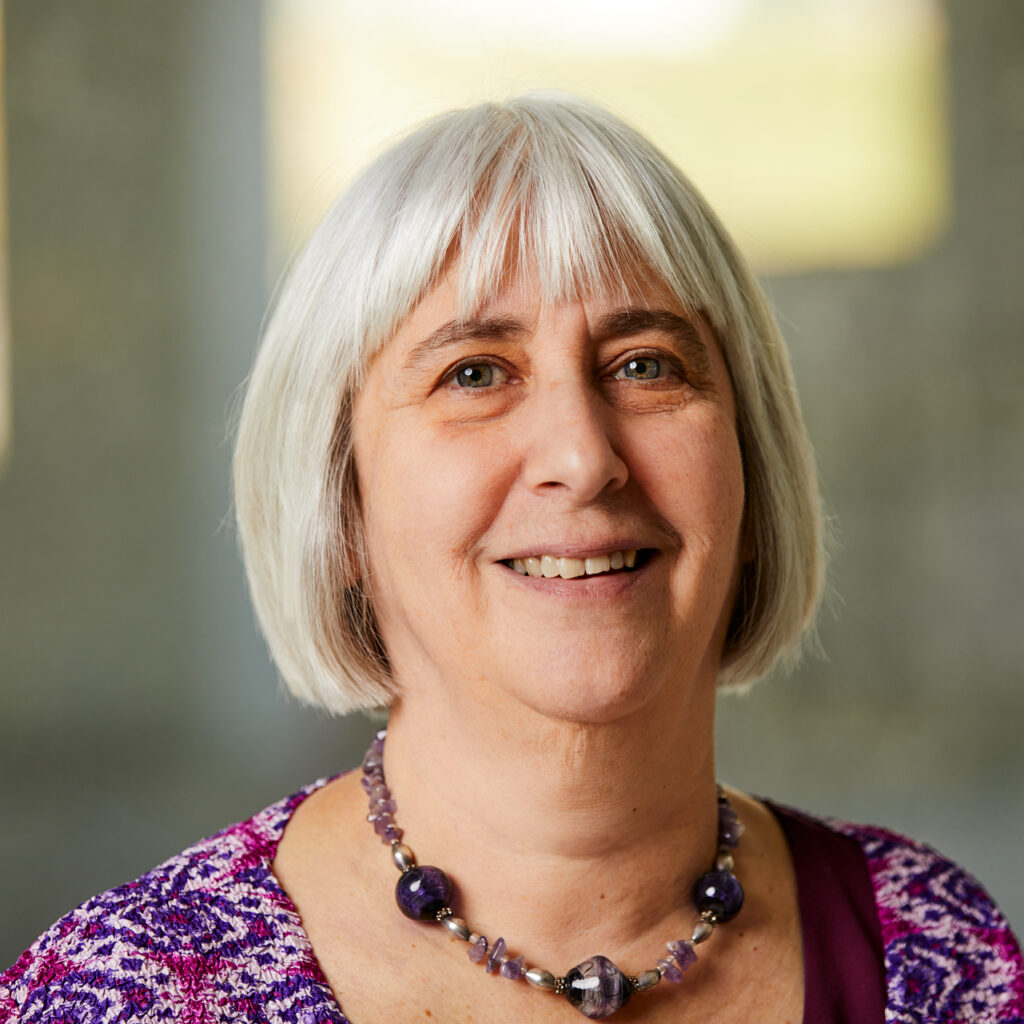
Ellen Sidransky, MD, is the Branch Chief of the Medical Genetics Branch and is a pediatrician and geneticist in the National Human Genome Research Institute at National Institutes of Health (NIH). Dr. Sidransky received her B.A. from Brandeis University and her M.D. from Tulane University. She trained in pediatrics at Northwestern University, and in Clinical Genetics at the NIH. Dr. Sidransky has been a tenured NIH investigator and Section Chief since 2000. Her research interests include both clinical and basic aspects of Gaucher disease and Parkinson disease, studies of genotype/phenotype correlation and genetic modifiers, insights from mouse models, and novel treatment strategies. She played a lead role in establishing the association between glucocerebrosidase and parkinsonism.
Sniderman King, Lisa, MSc, CGC
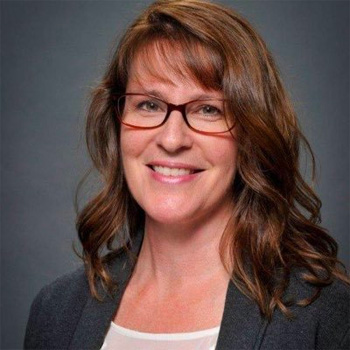
Lisa is a genetic counselor with 20+ years of experience, currently at Sanofi focusing on reducing diagnostic delay for patients with various LSDs. Prior to this she has had both provider and patient focused educational roles at Sanofi. Before industry, she was in adult and pediatric biochemical genetics clinics, and molecular and biochemical genetics laboratories. Experience includes LSD, other IEMs, newborn screening, molecular and biochemical laboratory assays, clinical trials, machine learning.
Tagle, Danilo, MS, PhD
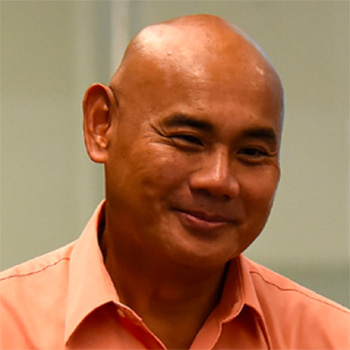
Dan Tagle holds a PhD in molecular biology and genetics, and is the director of NCATS’ Office of Special Initiatives. Tagle leads and provides scientific and programmatic oversight and coordination to the following trans-NIH programs: Extracellular RNA Communication, NIH Microphysiological Systems (also known as the Tissue Chip for Drug Screening program) and Stimulating Peripheral Activity to Relieve Conditions (SPARC).
Ullman, Julie, PhD
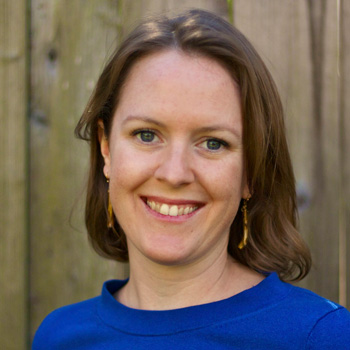
Julie Ullman received her PhD in 2015 from UC Berkeley in molecular & cellular biology studying endo-lysosomal trafficking in autism spectrum disorders. Her desire to impact patient lives led her directly to biotech post-PhD as a scientist at Denali Therapeutics where she led preclinical biology studies for ETV-IDS, Hunter Syndrome. Now, as Program Team Leader for Maze Therapeutic’s Pompe disease SRT, MZE001, she leads a cross functional team guiding scientific & strategic decision making.
Wang, Raymond, MD
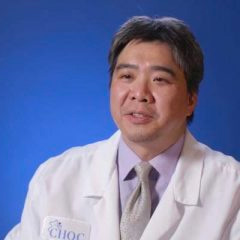
Raymond Wang, MD, is the Director of the Multidisciplinary Lysosomal Storage Disorder Program at CHOC and a board certified clinical geneticist and biochemical genetics specialist. Dr. Wang is aware of the challenges faced by patients and families with rare diseases such as lysosomal disorders. He has committed the program to provide: treatment for the lysosomal disorders that have existing therapies; access to investigational treatment for patients with disorders that currently have no approved/effective therapy; and translational research vital to development of “next generation” treatments and cures for lysosomal disorder patients.
Ward, Simon, MA, PhD
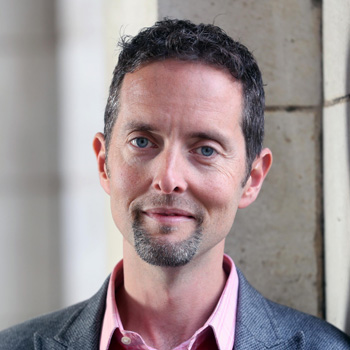
I lead the Medicines Discovery Institute at Cardiff University, UK which designs, discovers and develops new medicines for the brain (preclinical-Phase 1). During my career I have worked extensively in major pharma, biotechs, not-for-profits and academia – running research projects towards new drugs. I have secured major financial investments and founded new companies. I am passionate about supporting the next generation of drug discoverers to navigate the increasingly complex career landscape via academia or industry.
Wasserstein, Melissa, MD
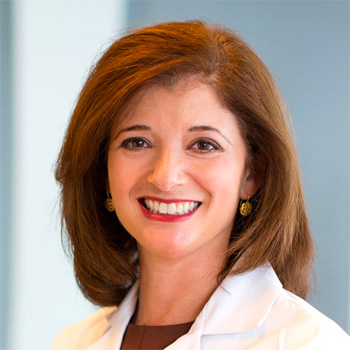
Melissa Wasserstein, MD, is the Chief of the Division of Pediatric Genetic Medicine at the Children’s Hospital at Montefiore and professor of Pediatrics and Genetics at the Albert Einstein College of Medicine. After graduating from Cornell University, she received her medical degree from New York University School of Medicine, followed by a pediatrics residency and medical genetics fellowship at Mount Sinai. A board-certified biochemical geneticist and pediatrician, Dr. Wasserstein diagnoses and manages patients with inborn errors of metabolism. Her research activities focus on expanding and enhancing newborn screening to optimize the outcome of infants with rare disorders.
Weinstein, David, MD, MMsc
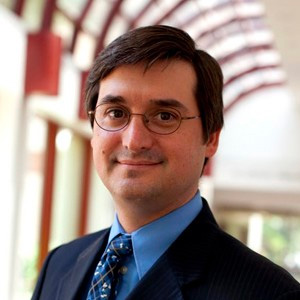
David Weinstein, MD, MMSc is a Senior Vice President for Clinical Development Passage Bio. He graduated from Harvard Medical School, and did a residency, chief residency, and fellowship in pediatric endocrinology at Boston Children’s Hospital. After obtaining his Masters in Clinical Investigation from Harvard and MIT, and became Director of the Glycogen Storage Disease Program at Boston Children’s. In 2005, he directed the GSD Program and became a tenured professor at the University of Florida, followed by a move to the University of Connecticut in where his team launched the world’s first gene therapy trial for glycogen storage disease. Most recently, he left the academic world to serve as the medical lead for the GM1 gangliosidosis and metachromatic leukodystrophy gene therapy trials at Passage Bio.
Whitley, Chester, PhD, MD
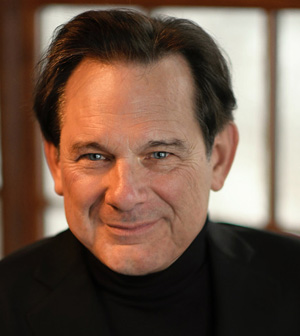
Chester “Chet” B. Whitley, Ph.D., M.D. is Professor of Pediatrics, and Experimental and Clinical Pharmacology, and Director of the Advanced Therapies Program at the University of Minnesota. Beginning in 1983, he conducted the first U.S. trials of bone marrow transplantation for Hurler syndrome and other lysosomal diseases (Krabbe disease, Tay-Sachs disease). Hematopoietic stem cell transplant became recognized as the first efficacious treatment for a lysosomal disease and provided the proof-of-principle for future enzyme replacement therapies, gene therapy, and other systemic treatments. In conversation with the US FDA in the early 1990’s, he coined the term “ultra-orphan disease”. He led the first clinical trial of gene therapy for a mucopolysaccharidosis condition (Hunter syndrome 1998), inventedthe DMB dye-binding testfor glycosaminoglycans, discovered the first ‘pseudo-deficiency’ allele for MPS I, tested intravenous zinc-finger nuclease gene-editing in mice with Hurler syndrome, and is co-inventor of the PS Gene-editing System. He organized the 1st International Symposium on Mucopolysaccharidosis and Related Diseases (1988), led the NIH program project grant Gene Therapy for Metabolic Disease, the NIH-funded Lysosomal Disease Network, and founded WORLDSymposium.
